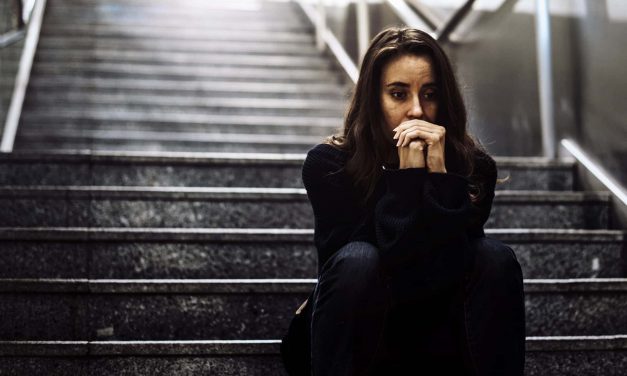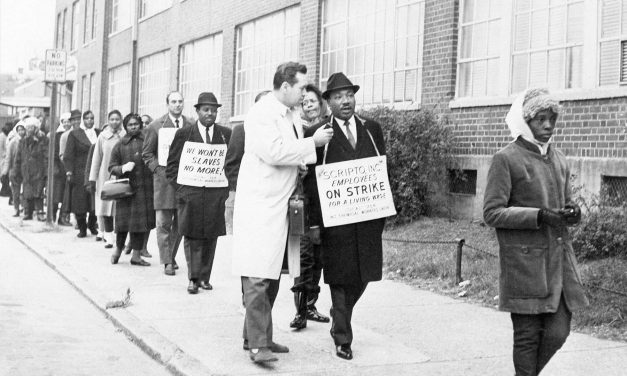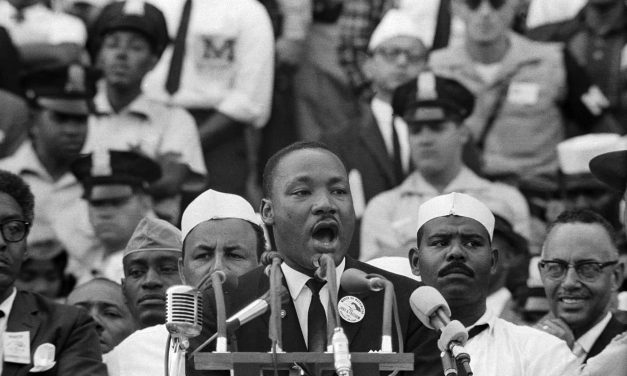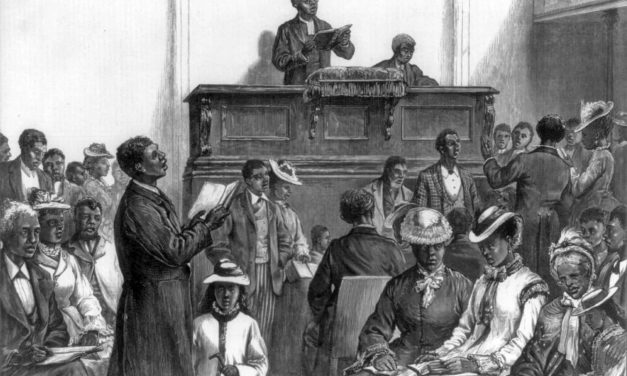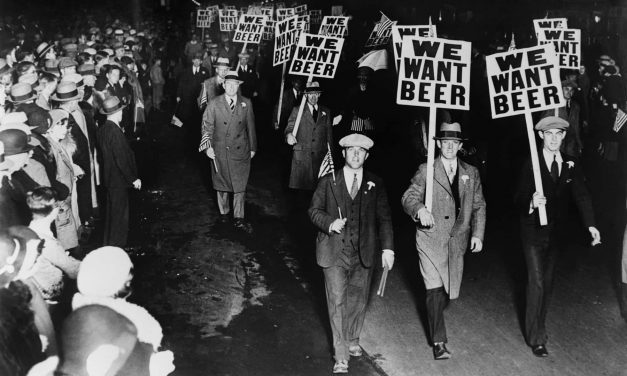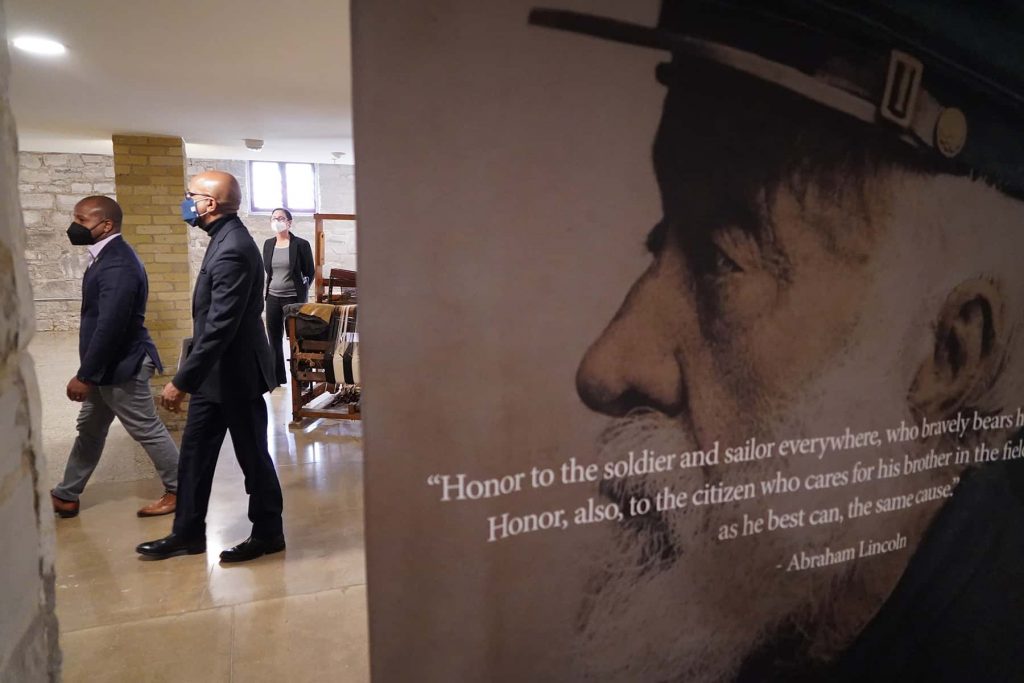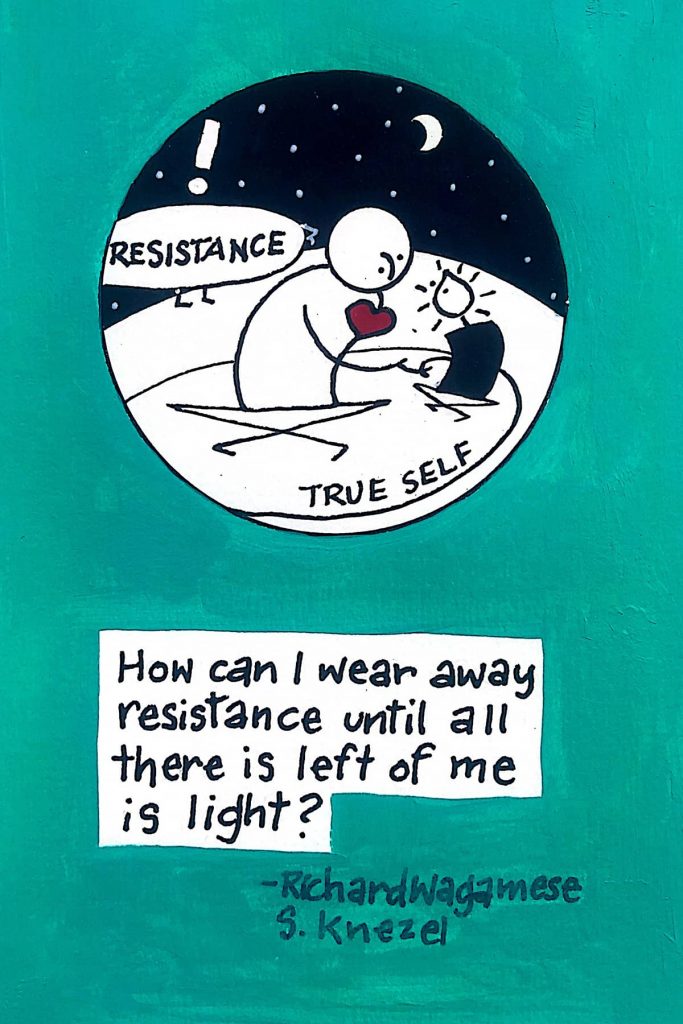Hard-Wired to Worry: How our brains sabotage the happy moments
By James Carmody, Professor of Medicine and Population Health Sciences, University of Massachusetts Medical School A new year brings both hopes and anxieties. We want things to be better for ourselves and the people we love, but worry that they won’t be, and imagine some of the things that might stand in the way. More broadly, we might worry about who’s going to win the election, or even if our world will survive. As it turns out, humans are wired to worry. Our brains are continually imagining futures that will meet our needs and things that could stand in...
Read More
